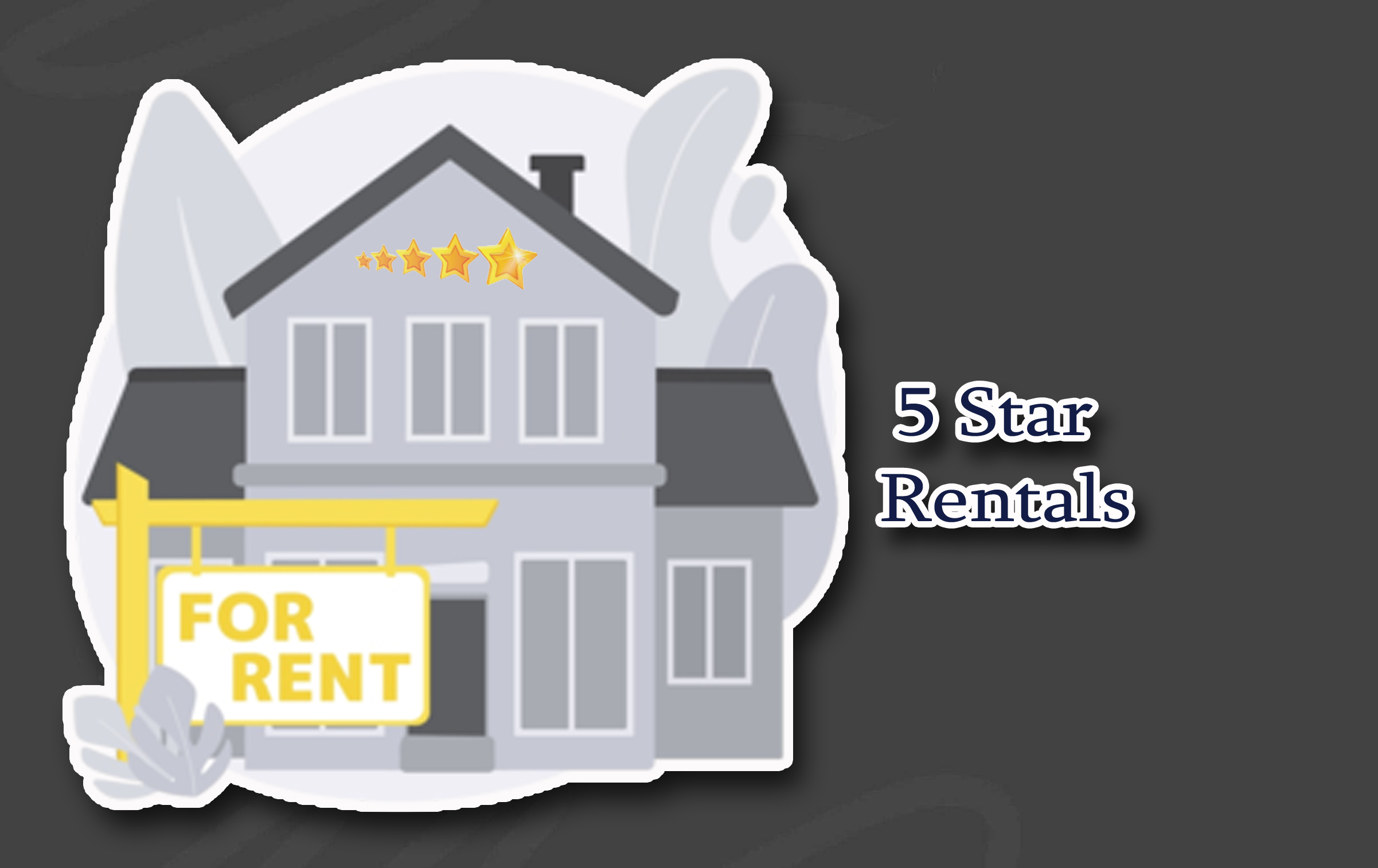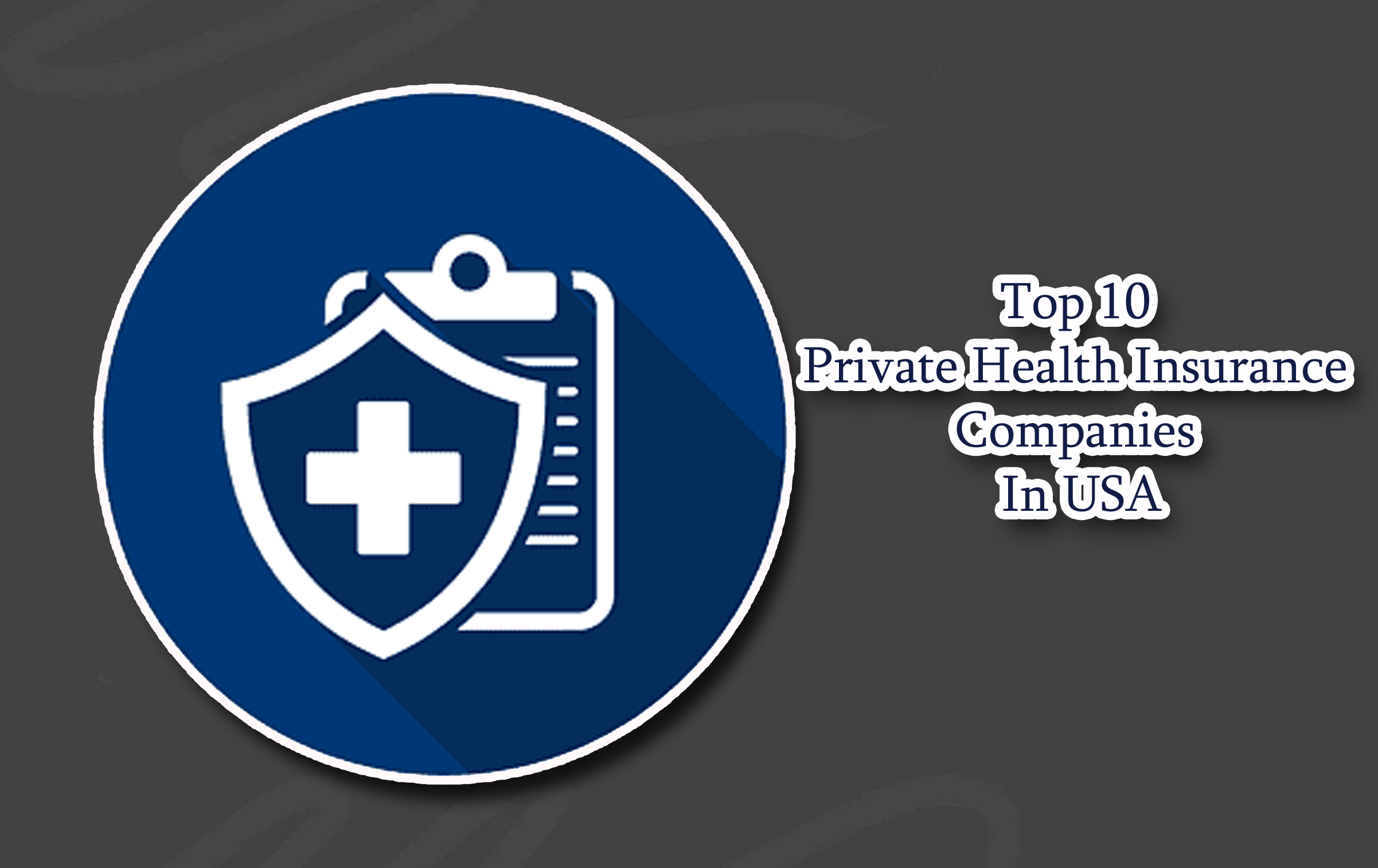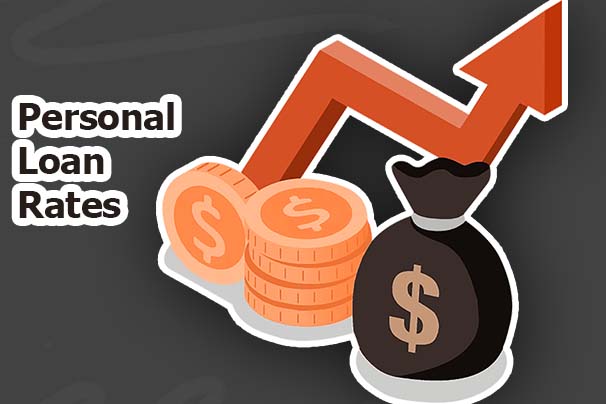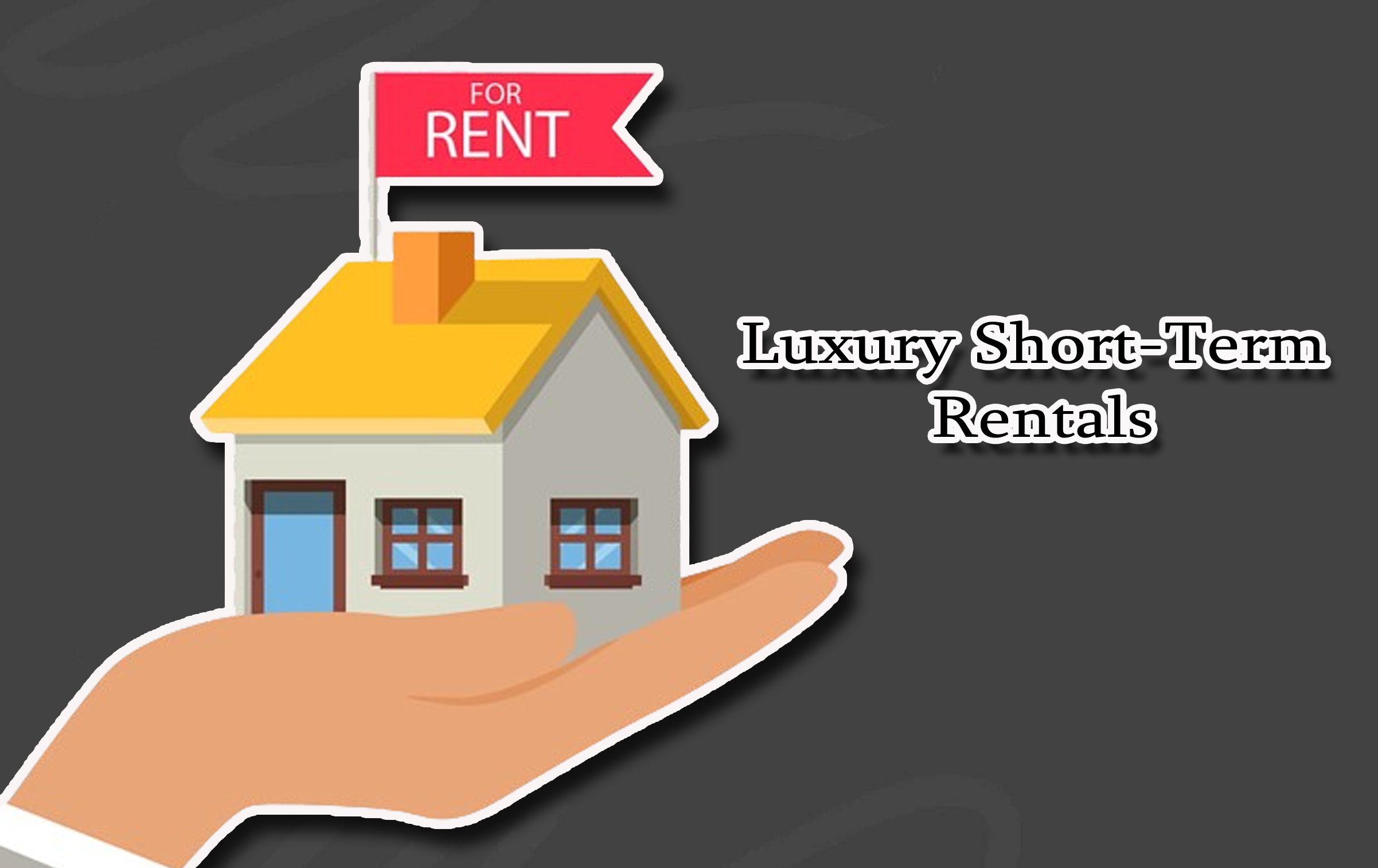Facing an unexpected event only to have your insurance claim denied can be frustrating and confusing. But under what circumstances can an insurance company legally deny a claim? Understanding the reasons behind a denied claim is crucial for policyholders.

Insurance companies have specific guidelines and criteria that must be met for a claim to be approved. Whether it’s due to policy exclusions, lack of coverage, or missed deadlines, knowing these factors can help you navigate the claims process more effectively.
In this article, we’ll explore the common reasons why insurance claims are denied and what you can do if your claim is rejected. Enlightened on this, you’ll be better prepared to ensure your claims are successful when you need them most.
Common Reasons Your Insurance Might Deny Your Claim
There are several reasons why you might get from your insurance company the message that says “your claim has been denied.” However, here in this section of this blog post, we will explore some of the possible reasons why you might have your insurance claim denied. They include:
Incomplete Information
One major reason why you might get a claim denial is due to incomplete information. How? While submitting your claim, there might be a missing document that your insurance company requires, or there might be an error in your submission. Any of these can actually lead to your insurance claim being denied. So, to avoid this, ensure you check well and submit every required piece of information accurately.
Service Not Covered
Another common reason why you might get an insurance denial is if the service you’re requesting is not added to your policy. It is however very important to know what your insurance policy covers and what it doesn’t cover. So, if what you’re requesting service for isn’t under your policy, then you might get a claim denial when you file.
Claim Filed Too Late
Filing a claim too late too might be another reason for your insurance company to deny your claim. Most policies have deadlines for submitting claims. However, missing these deadlines can lead to denial. Therefore, it is very important to know the time frame for your claim to avoid late submission and denial.
Coding Or Billing Error
Incorrect coding or billing errors are common reasons for denied health insurance claims. Even a single digit can impact your claim. So, you should ensure all codes and billing details are accurate by double-checking or consulting with your healthcare provider.
Insurer Believes The Claim Was Not Necessary
Claim denial also happens if the insurance company feels or believes that what you’re filing for is unnecessary. This is however very common in the medical and health insurance claims. If your insurer finds a particular procedure unnecessary, your claim might be denied. But sometimes, it is different when a doctor’s not or important information is added.
These are some reasons your insurance claim might be denied, but there are others as well. Additional reasons include duplicate filings, uncovered pre-existing conditions, a lack of preauthorization, and lapsed policies.
What To Do If Your Claim Is Denied
Did your claim just get denied? Don’t worry, there’s a way to address it. First, you should start by carefully reading the denial letter, as it often explains the reasons for the denial. Understanding these reasons will guide your next steps, and the explanation in the letter may even point you toward a solution. After reading, here’s what you can try:
If The Denial Is Caused By A Simple Error
You can just simply check your claim, correct the error, and try resubmitting again. Now, this might require you to submit an additional document or a correcting form.
If You Do Not Understand The Reason For The Denial
After reading your denial letter, you still do not understand the reason why your claim has just been denied. You can put a call through to your insurance provider. Then ask for a detailed explanation. Communicating directly can help you clarify misunderstandings and give you more insight.
If You Disagree With The Denial
Consider filing an appeal. Most insurance policies allow this, though it can be time-consuming. If you believe your claim is valid, follow the appeal process closely.
Gather supporting documentation, such as medical records, doctor’s notes, or policy documents. The stronger your evidence, the better your chances of success. A well-organized and clear case can make a significant difference.
For Additional Help
If you need additional help, don’t hesitate to seek professional help, such as legal advice or a claims specialist. An expert can make a big difference in handling claim denials.
Also, if needed, contact your state’s insurance commissioner. They can assist if your insurer is unresponsive or has acted unfairly.
Conclusion
While having an insurance claim denied can be frustrating, understanding the common reasons for denial and knowing the steps to take afterward can empower you to navigate the process more effectively.
By thoroughly reviewing your denial letter, addressing any errors, and considering an appeal if necessary, you can increase your chances of successfully resolving the issue. Additionally, seeking professional guidance or contacting your state’s insurance commissioner can provide further support. Being informed is key to ensuring your claims are handled fairly and efficiently.








